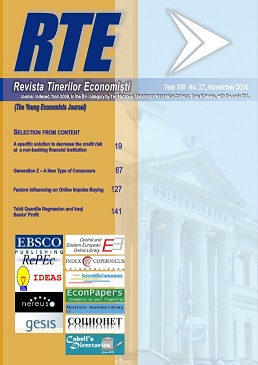Exogenous Structural Shocks in the Relationship Between Religion and Institutions in Modern Europe
Exogenous Structural Shocks in the Relationship Between Religion and Institutions in Modern Europe
Author(s): Aurelian-Petruș PlopeanuSubject(s): Supranational / Global Economy, Economic history, Social history, Economic development, Sociology of Religion
Published by: Editura Universitaria Craiova
Keywords: institutions; religion; exogenous shock;
Summary/Abstract: In this article, we emphasize the reason of considering religion as an important trigger for political and economic transformations in modern Western Europe, with important spillover effects. We stress the complex causation between religious decisions and dogma with external shocks (revolutions), with their decisive impact on economics and politics in modern European societies. In fact, the power of spiritual ideas shaped in an unintended ways the configuration of Western Europe, stimulating important institutions needed for the capitalist paradigm. The German Revolution (1517- 1555) and the English Revolution (1640-1688) generated structural shocks and a process of “creative destruction” in terms of ideas, institutions and ethical transmutations that updated the capitalist architecture in an unseen way. The French Revolution generated a new paradigm in the relationship between Church and the state, in a society dominated by the Enlightenment philosophers.
Journal: Revista tinerilor economişti
- Issue Year: 2016
- Issue No: 27
- Page Range: 93-104
- Page Count: 12
- Language: English

